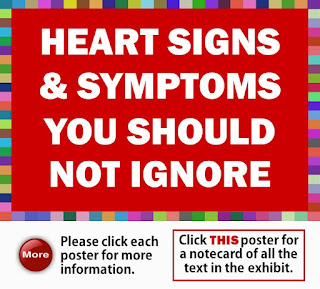Watch out for children and pets.
Several types of plants commonly grown by gardeners are poisonous if eaten. Brightly colored berries are especially attractive to children. Poisonous garden plants include azaleas, bittersweet nightshade (Solanum), castor bean, Chinese lantern, Easter lily, foxglove, hydrangea, lantana, lily-of-the-valley, poinsettia, and rhododendron.
Small children and pets can drown in garden ponds.
Non-releasing plastic garden ties should not be used as toys. Children playing with them can strangle themselves.
Avoid plant and animal pests.
Plant pests include poison ivy, poison oak, and poison sumac. These can invade your garden, so learn to recognize them.
Be sure you know the first aid for stings from bees, hornets or wasps. Be alert for signs of an allergic reaction, which requires emergency treatment. If you or a family member are severely allergic to insect stings, your doctor may encourage you to carry injectable epinephrine.
Bees are attracted to yellow and white flowers, and to flowers that create lots of nectar or pollen. Bees are not attracted to flowers such as carnations, daisies, geraniums, marigolds, red dianthus, roses, strawflowers, and zinnias. These may be safer to plant.
Be cautious with pesticides.
Pesticides are used to kill unwanted plants, animals or fungi in the garden. Be sure the pesticide you buy is labeled as approved by the Environmental Protection Agency (EPA). Don’t open the container until you have read the entire label. Follow instructions carefully when mixing to get the right dosage.
Here are some tips for using pesticides safely.
- Don’t spray pesticides when it is windy.
- Don’t eat, drink or smoke when applying pesticides.
- Never mix or store pesticides in food or drink containers.
- Store pesticides in their original containers. Lock them up and keep them out of the reach of children and pets.
Handle tools properly.
April is National Safe Digging Month. Notify utilities before you start digging. In the US, 811 is the national call-before-you-dig phone number.
Read labels and instruction manuals for tools and extension cords. Be sure they are safe for use outdoors. Check for Underwriters Laboratory (UL) certification.
When using power tools such as trimmers or saws, always wear safety glasses and take off your jewelry.
Clean and put away garden tools after every use. This will prevent them from being stolen or used by children, getting damaged, or becoming a tripping hazard.










